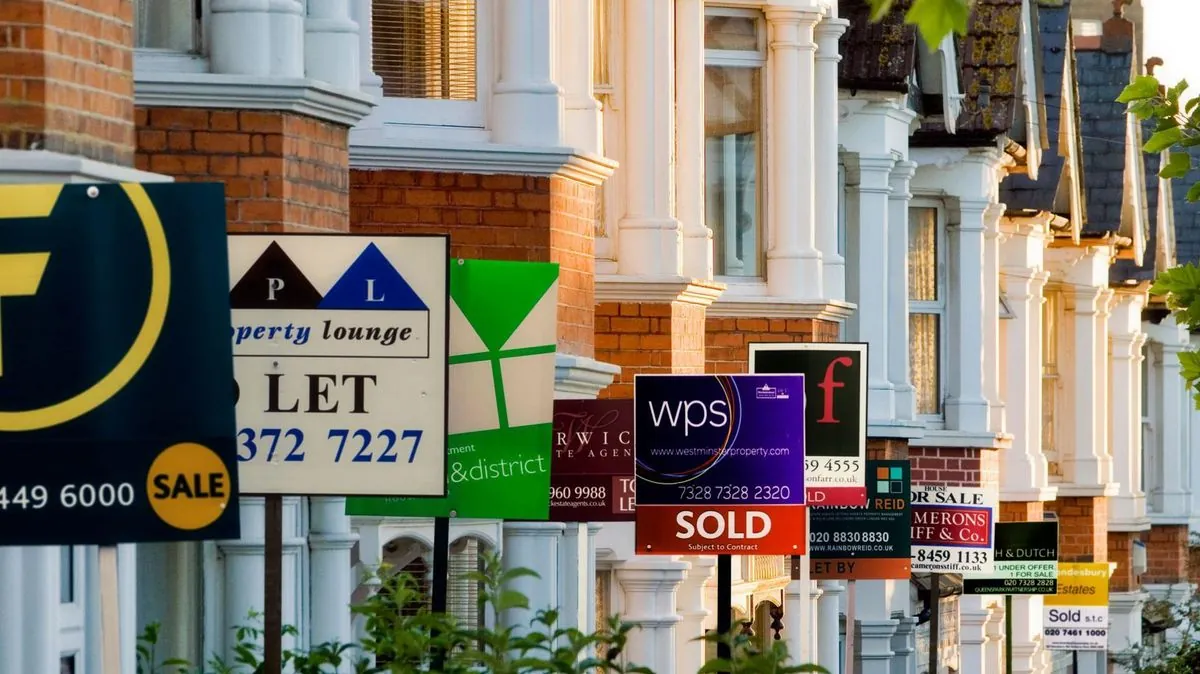UK Land Tax Reform: A Century-Old Debate Resurfaces
Calls grow for UK to replace outdated property taxes with a land tax, echoing proposals from over a century ago. The reform could boost growth and Treasury revenue, but faces political challenges.

The idea of land tax reform in the United Kingdom, first proposed over a century ago, is gaining renewed attention. Winston Churchill, early in his political career, criticized land monopoly and supported taxing unearned profits from rising land values. In 1909, then-Liberal Chancellor David Lloyd George attempted to introduce a land tax, but the proposal triggered a constitutional crisis and two general elections.
Now, 115 years later, there are growing calls for current Chancellor Rachel Reeves to revisit this concept. Supporters argue that replacing the UK's current property taxation system—consisting of council tax, stamp duty, and business rates—with a land tax could stimulate economic growth and increase Treasury revenue.
The proposed land tax would be an annual flat tax based on land value, potentially including the value of buildings on the land. This idea has garnered support from across the political spectrum, from former Shadow Chancellor John McDonnell to a former adviser to Rishi Sunak.
Critics of the current system point out its inefficiencies:
- Stamp duty discourages property transactions
- Council tax is based on outdated 1991 valuations
- Business rates fail to reflect changes in the retail landscape
Various proposals for implementation exist. The Institute for Fiscal Studies suggests taxing both land and buildings for residential properties, while only taxing land for businesses. Others argue for taxing only land value to encourage construction.
The Fairer Share campaign proposes a 0.48% flat rate on total home value, replacing council tax and stamp duty. Their analysis shows 77% of homeowners would benefit from tax cuts, while 23% would face increases. Areas like the City of London, Westminster, and Wimbledon would see the largest proportion of homeowners facing higher taxes.

Surprisingly, land tax reform has support from both left and right-leaning think tanks. The Tony Blair Institute, the Institute of Economic Affairs, and the Centre for Policy Studies have all called for various forms of land-based taxation.
Despite potential benefits, it remains uncertain whether Rachel Reeves will pursue this reform. While Labour's manifesto promised to replace the business rates system, it did not address residential property taxes beyond a slight increase in stamp duty for overseas buyers.
As the UK faces a £22 billion budget deficit, Reeves has indicated tax increases are likely in her upcoming October Budget. However, most economists advocating for property tax reform argue for a revenue-neutral approach, at least initially, to avoid destabilizing the property market.
"I don't think, at this stage, she will be brave enough to tackle the property tax issue. The thing that may sway it is the need for growth."
As the debate continues, the UK finds itself revisiting a century-old question: can a land tax reform help address economic challenges and promote fairer taxation? The answer may shape the country's fiscal policy for decades to come.


































